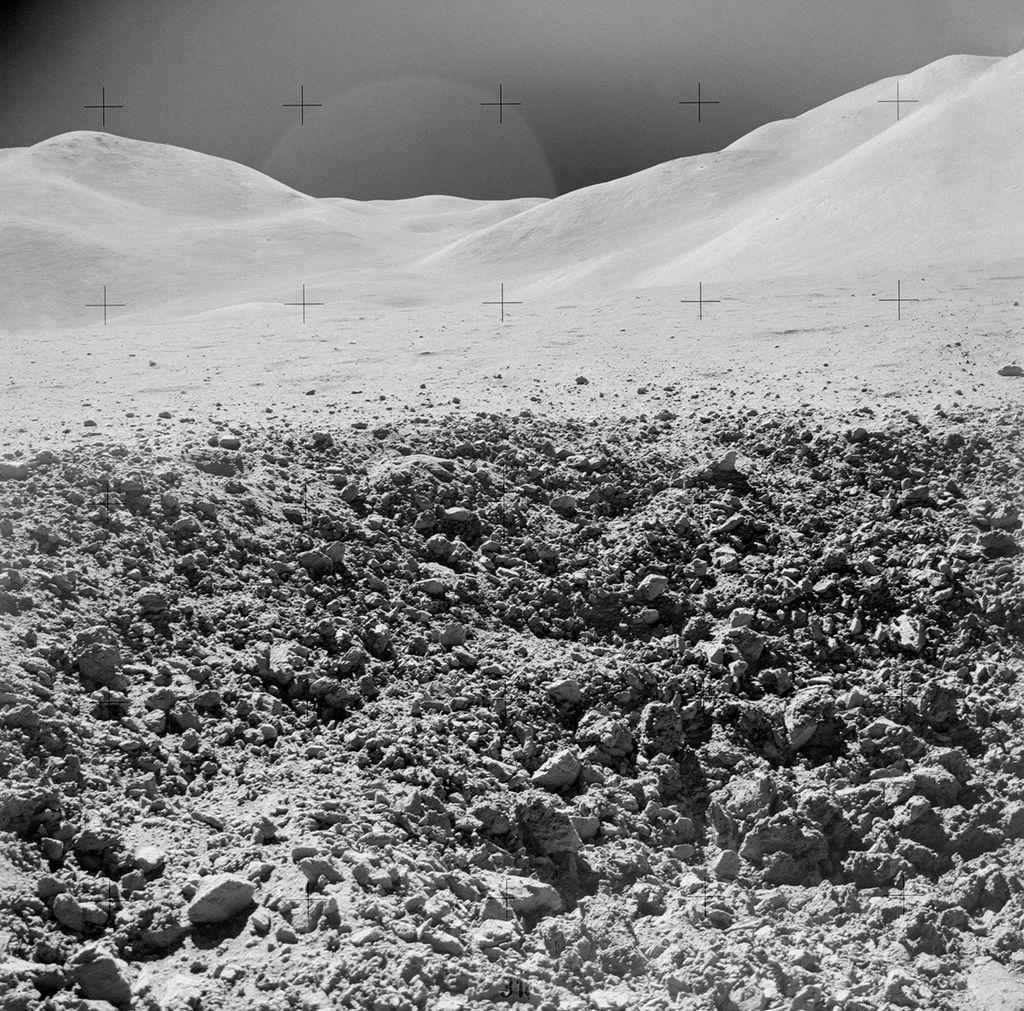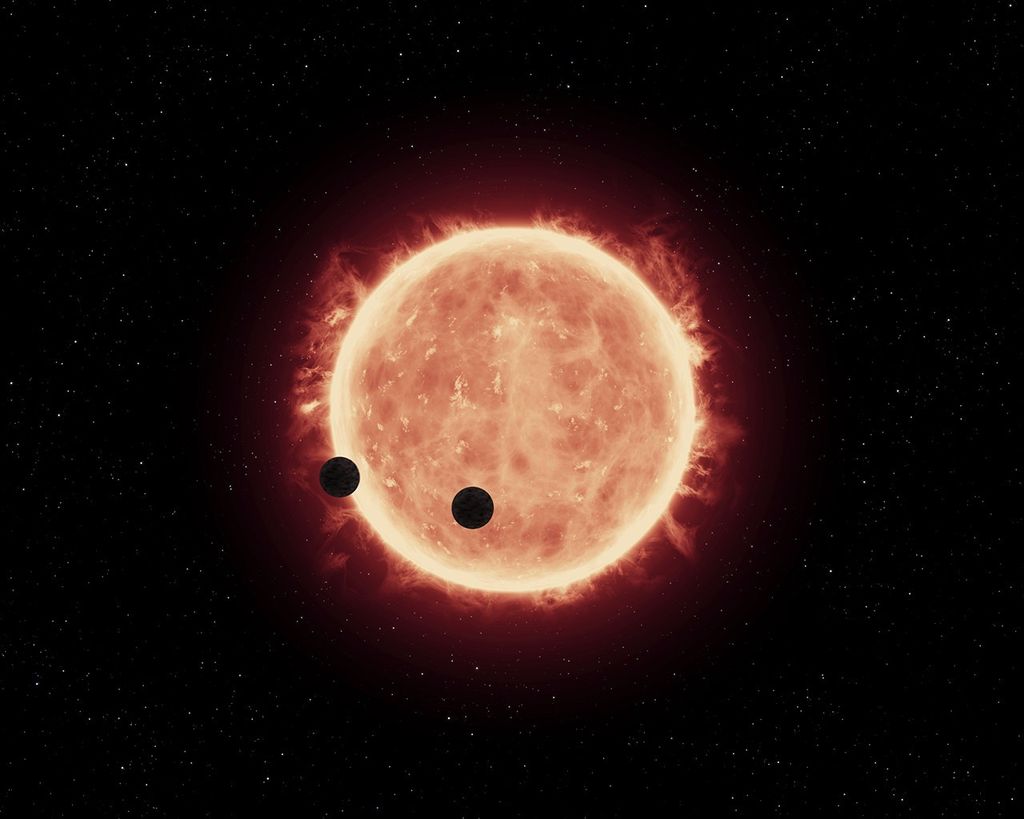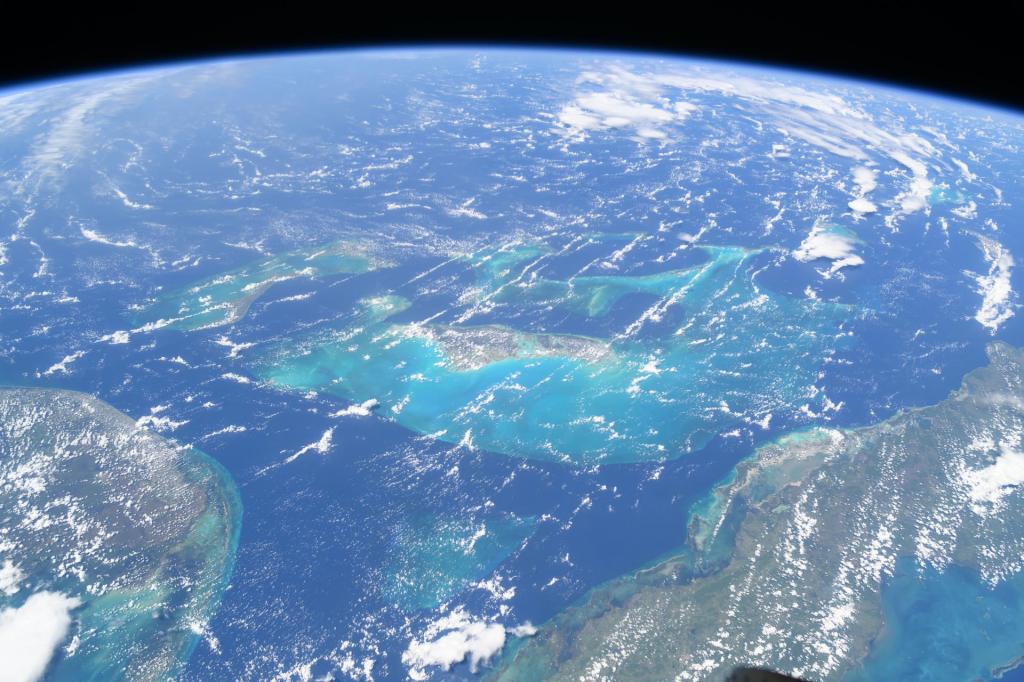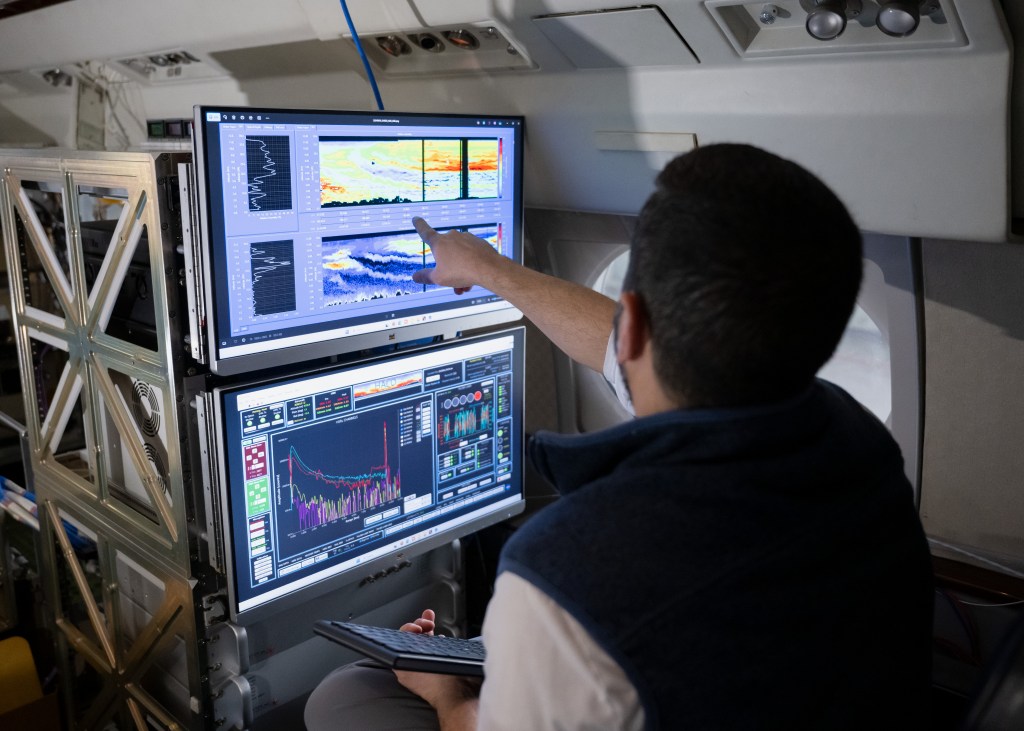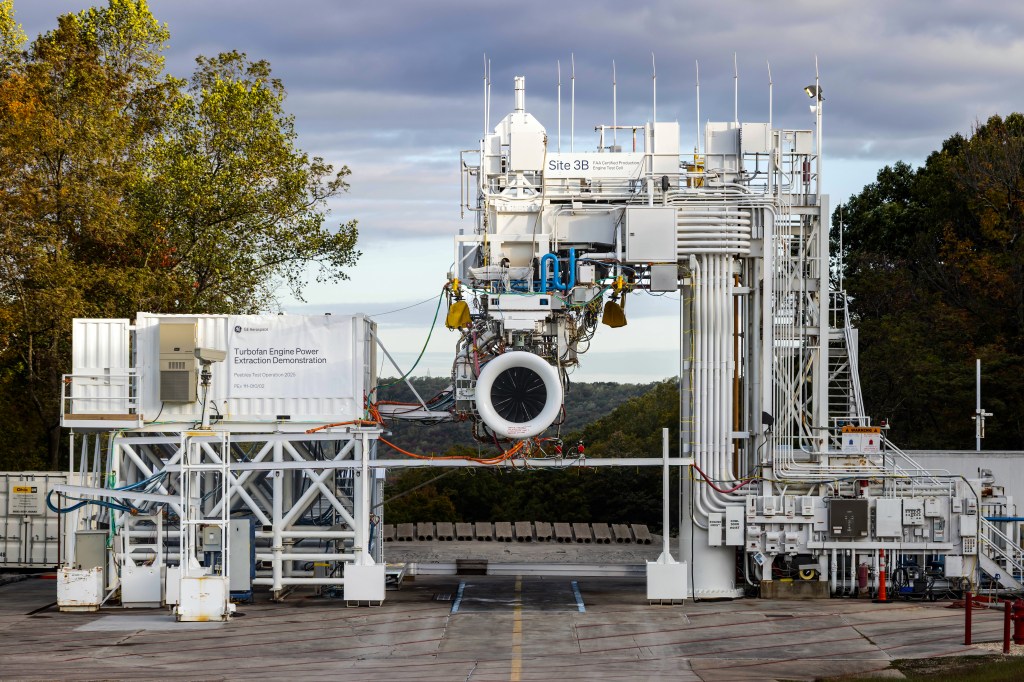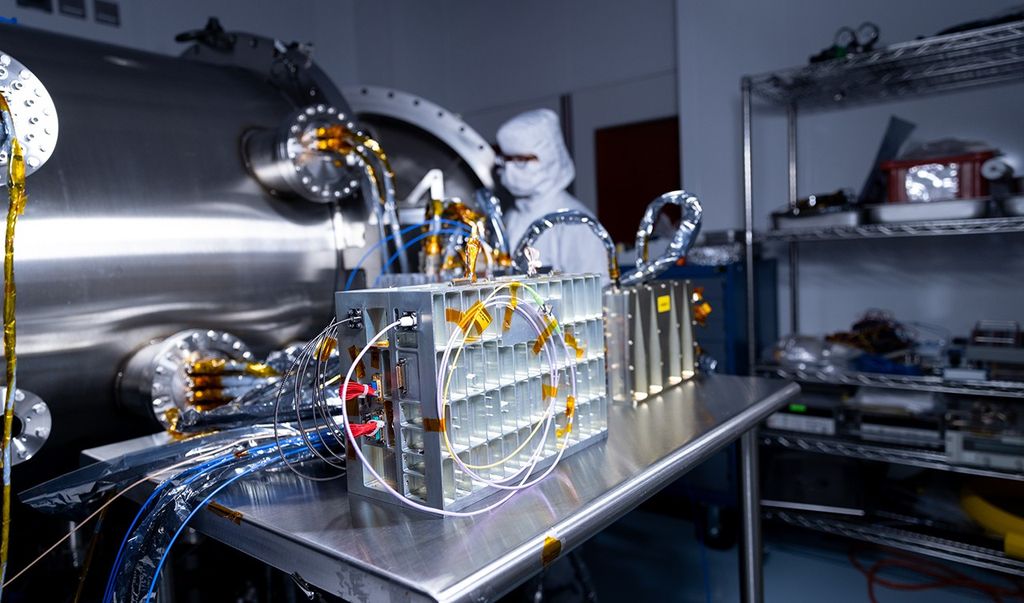Mars Report: How to Bring Mars Sample Tubes Safely to Earth
| Credit | NASA/JPL-Caltech |
|---|---|
| Language |
|
NASA’s Perseverance Mars rover is filling sample tubes with rocky material on the Red Planet as the agency works on the next steps to get them safely back to Earth.
The Mars Sample Return campaign would bring samples collected by the Perseverance rover to Earth for detailed study. The campaign involves an international interplanetary relay team, including the European Space Agency (ESA). These samples could answer a key question: did life ever exist on Mars?
Aaron Yazzie, who works on the Mars Sample Return campaign, explains the work being done at NASA’s Jet Propulsion Laboratory to ensure the safe return of the sample tubes.
For more information on Mars Sample Return, visit mars.nasa.gov/msr/
TRANSCRIPT
Aaron Yazzie: The Perseverance Rover is filling up tubes just like this with rocky material from Mars. And it's my job to protect them. What kind of testing are we doing now to make sure that they survive their journey back to earth? Let's take a look.
Raquel Villanueva: We are close to the base of a nearly 90 foot drop tower here at NASA's Jet Propulsion Laboratory. Places like this are designed to help test out NASA's most ambitious campaign to date, Mars Sample Return. I'm Raquel Villanueva here with Aaron Yazzie. He's in charge of keeping the sample tube safe on their journey home. So Aaron, what's the plan for Mars Sample Return?
Aaron: Mars Sample Return is the next leg, in us being able to bring back rocky samples from Mars to Earth so that we can study them here and look for signs of ancient life.
Raquel: What kind of testing is being done here at JPL to prepare the sample tubes for their journey back to earth?
Aaron: The sample tubes have already gone through a lot of testing to date, but we're gonna continue testing to make sure that they can survive every leg of this mission. Some of them involved mimicking Mars' environment. Practice robotic handling of the tubes, making sure that they can survive each of those steps. The launch environment, the landing environment.
Raquel: Speaking of final descent back to earth that's what the engineers are working on behind us. Can you tell us a little bit more about those tests?
Aaron: The tower behind me is actually able to mimic the event from when the canister holding the sample tubes will land back on earth. One of the designs that we're currently testing out is what kind of crushable material we might want to use inside of that assembly. So this right here is actually a piece of titanium crushable that we're gonna use with this mass simulator to see how best to cradle and protect these tubes when they land back on earth.
Raquel: What is being done to ensure that this is a successful campaign?
Aaron: We are currently partnering with agencies across the US and around the world, the most predominant one being the European Space Agency. We're actually working on building a hundred more test tubes that we can distribute to all these teams, so they can do all their testing and ensure that everything will work like they designed it to.
Raquel: What are you most excited about when it comes to Mars Sample Return?
Aaron: I am really excited about all the information that these little rock samples hold inside them, and especially the exciting probability that we could find ancient life. For me personally, I come from an area in the US that looks like Mars. The Navajo Nation is a rocky desert landscape and it really reminds me how similar rocky planets in our solar system can be.
Raquel: It's a very cool perspective to bring with you. Thank you for your time, Aaron.
Raquel: Thank you.
Raquel: And NASA is sending your name to Mars. So if you'd like to get a boarding pass like Aaron has right here, please follow the link below. And to keep up with the latest updates follow @nasajpl and @nasamars. Or take a deeper dive on the mission websites at mars.nasa.gov


